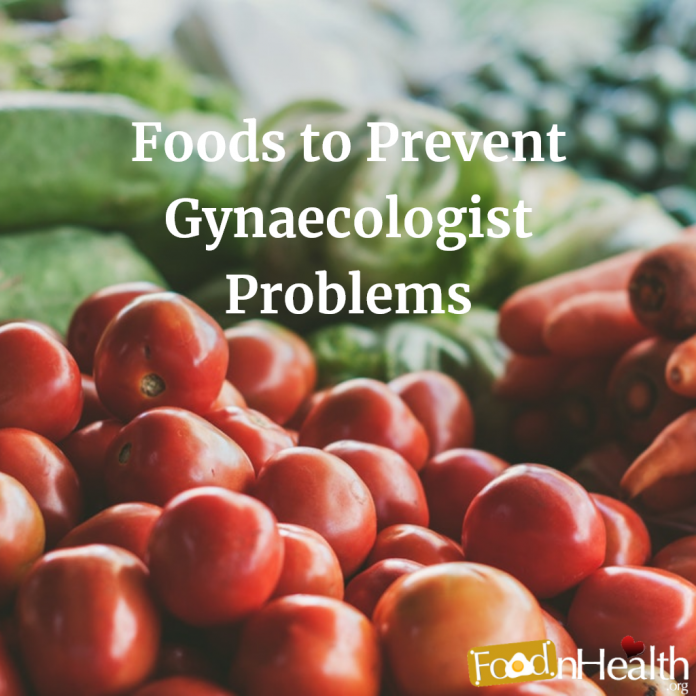A female’s health is constantly being subjected to a lot of changes starting from puberty through menopause; and also there are also so many normal processes a woman’s reproductive organs undergo which may involve sexual activity, disease, injury, pregnancy, and aging. There are a variety of gynecological problems that affect a woman’s life at some point or the other. These problems can be addressed by gynecologists who can help every woman on earth to overcome such problems with ease and get better gynecological treatment.
There are various types of gynecological problems that affect female reproductive organs. Female reproductive organs include breasts and womb (uterus), ovaries, fallopian tubes, vagina and vulva like organs located in the abdominal and pelvic area of the female body. Gynecological disorders can be fatal or minor and can affect both the internal and external organs in the female pelvic and abdominal regions. The disorders include dysmenorrhea, chronic pelvic pain, vulvodynia, polycystic ovary syndrome where the immature follicles in the ovaries come together to form a large cyst affecting women to get pregnant, endometriosis, uterine fibroids and many other problems caused due to disease and injury. Even the cancers related to female reproductive organs come under gynecological related problems.
A lot of women depend upon medicines and supplemental hormones to find relief from their gynecological problems and symptoms. But, all these gynecological problems can be prevented by maintaining proper nutrition.
What are the foods that can help prevent gynecological problems?
As everyone knows good and healthy nutrition is the key to a healthy lifestyle. Similarly, certain foods taken in a good amount can help prevent problems related to gynecology or female reproductive organs.
Most of the people, as well as your gynecologist, recommend you to eat a regular amount of right fruits, vegetables, grains and minerals accompanied by a 30 minutes exercise every day. Well, this is a great solution to fight all the ailments of your body. But nowadays, due to the busy and hectic schedule, everyone misses to bring these things into their routine life and end up suffering from various disorders.
However, below mentioned are some of the foods that can help combat and prevent you from facing gynecological disorders. These foods are very simple and can be easily included in your daily diet.
- Cereals or whole grains: Estrogen is a female hormone required for the development and regulation of the female reproductive system and secondary sex characteristics. However, increased levels of estrogen in the body can cause risk of breast diseases like cancer by stimulating the growth of cells in the mammary glands. Consuming whole grains and including them in your diet can cut the increased levels of estrogen in the blood. Whole grains are also rich in iodine that regulates the release of gonadotropin hormones from the pituitary gland.
- Carotenoids and phytochemicals: The natural elements of a plant also known as phytochemicals are found to be abundant in red fruits and vegetables like red apples, carrots, red pepper, grapes, onions, tomato, beetroots, red cabbage, etc. Consumption of carotenoids found in carrots, sweet potatoes, spinach papaya, and oranges can help prevent cervical cancer. These phytochemicals and carotenoids have the ability to reduce or effectively inhibit the growth of tumor cells into the female reproductive organs. They also reduce the risk of breast cancer by reducing the level of estrogen in the blood.
- Soy products: Soy and soy products are considered to be an excellent source of minerals like calcium and iron. They are plant proteins and contain hormone-like substances called phytoestrogens. These phytoestrogens mimic the action of the hormone estrogen that effectively regulates the secretion of the endocrine glands. It can also reduce the symptoms of hot flushes in menopausal women. There are various products of soybeans available in the market like soya seeds, tofu, soy sauce, Milk, etc.
- Bananas: Bananas are a rich source of vitamin C, manganese, potassium and also contain high levels of vitamin B6 that produce red blood cells, flush out unwanted chemicals from the body and maintain a healthy nervous system by stabilizing the nerves. Bananas aid in alleviating pain caused during menstruation.
- Calcium-rich foods: Almost every woman nowadays suffers from calcium deficiency which is known to promote the growth of child during pregnancy. Consuming calcium-rich foods such as milk and yogurt can help prevent weak bones in newborn child and also prevent ovary related diseases.
- Foods containing Folic acid: Deficiency of folic acid can cause anemia and lead to cervical cancer. It’s always recommended for every woman to consume foods that are rich in folic acid like animal liver, cabbage, fish, spinach, eggs, and cereal. All these foods can prevent and reduce the chances of cervical cancer.
- Iron: Iron is the most important constituent of blood. An adequate amount of iron in the blood can regulate the functions of the body nicely and easily. Deficiency of iron in the body can cause weak functioning of the ovaries and irregular menstruation. Consumption of red meat, green leafy vegetables, seafood, plant proteins, sweet potato, and beans can fulfill your requirement for natural iron intake.
Apart from consuming all the above-mentioned foods to maintain a healthy reproductive system, one should also follow certain points like practicing safe sex, doing exercises like kegel and pelvic floor to maintain a strong reproductive organ, Getting your annual gynecological checkup, planning your pregnancy before entering into the mid-’30s. Always try to consult a gynecologist in case you suffer from any serious gynecological issue.


























